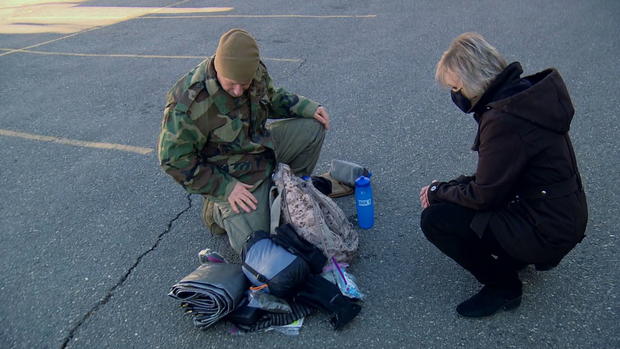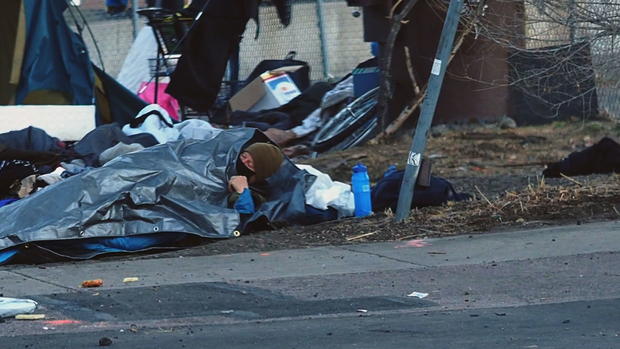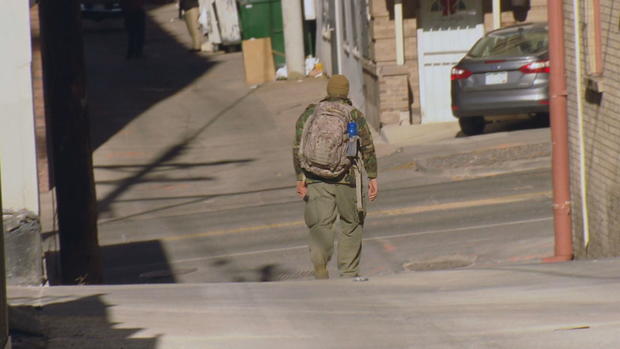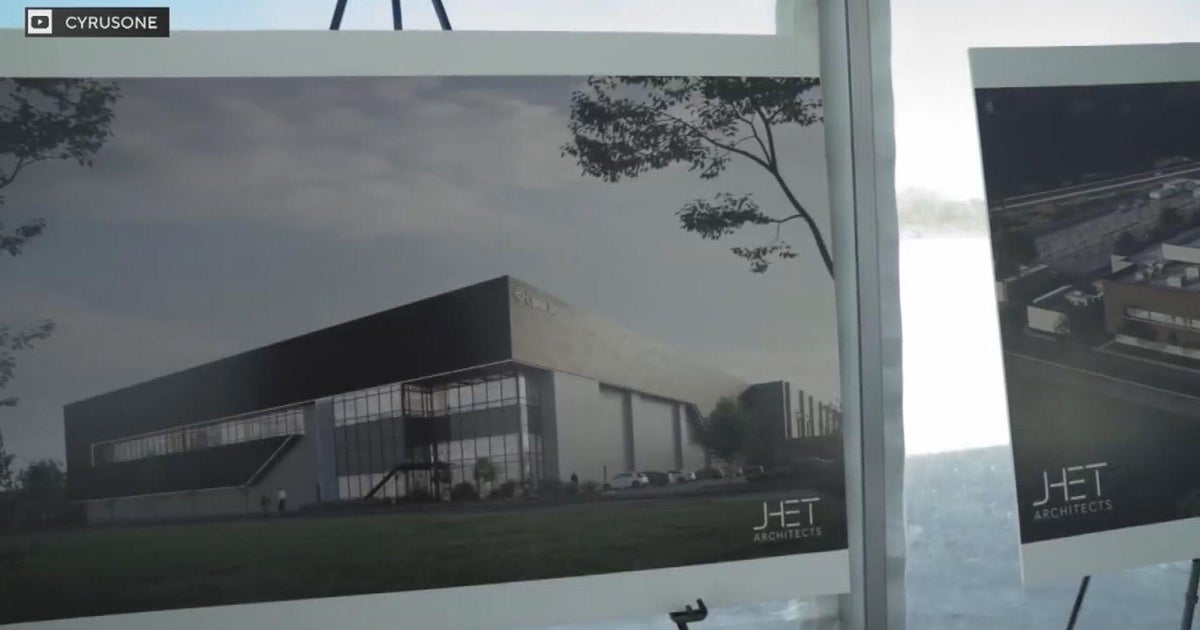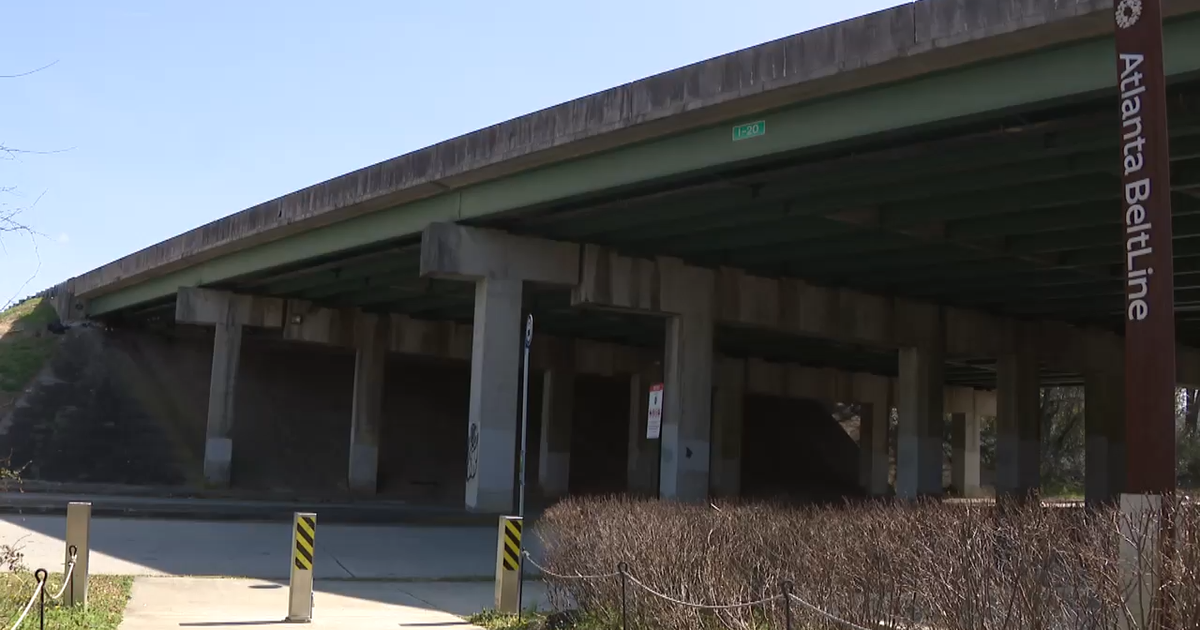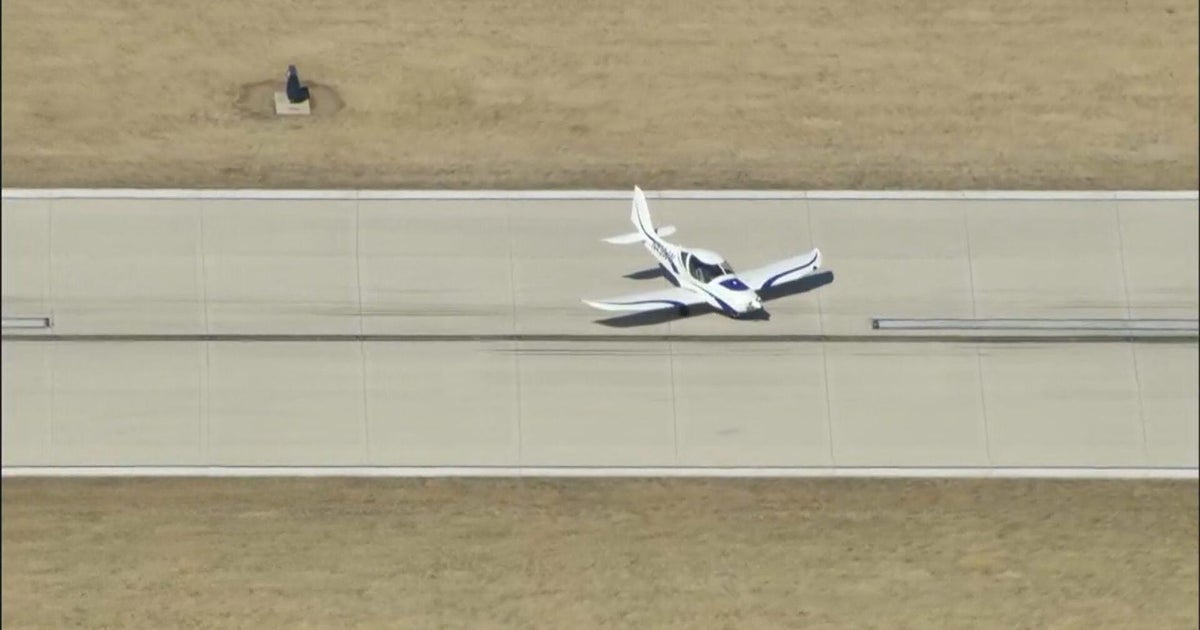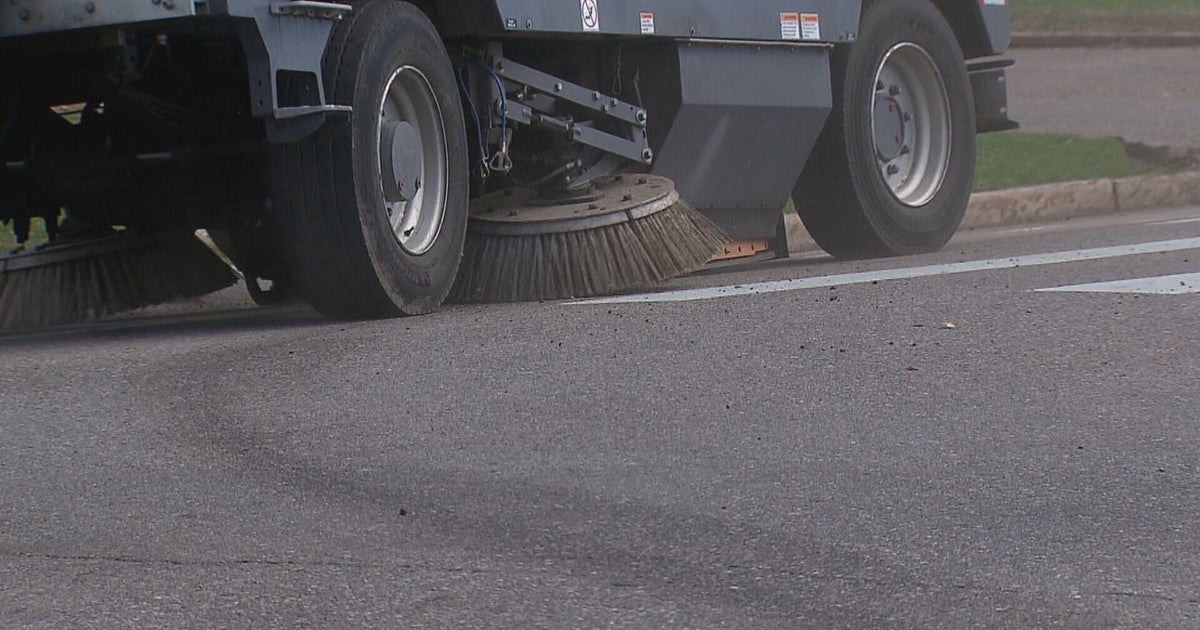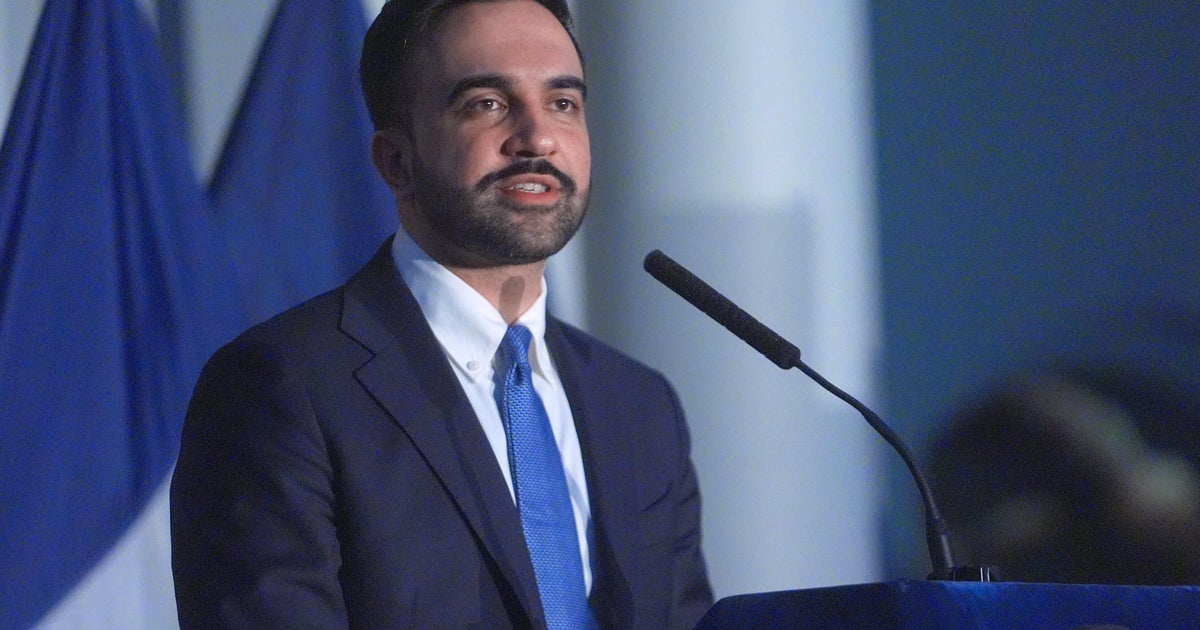'Homeless Mike' Aurora Mayor Mike Coffman Goes Undercover To Live On The Streets, Sleep On Sidewalks With The Homeless
AURORA, Colo. (CBS4)- Aurora Mayor Mike Coffman added a new title to his resume last week -- Homeless Mike. The Marine Corps veteran and former state treasurer, secretary of state and congressman, went undercover for a week to live among the homeless in Aurora and Denver.
His goal, he says, was to find out why the problem of homelessness was growing and what he, as a mayor, could do to address it. He wanted answers, not from advocates who may have agendas, but from the homeless themselves. So, he became one of them, taking a week of vacation to do so.
"I'm just going to periodically text you," he said to CBS4 Political Specialist Shaun Boyd as he set out the day after Christmas carrying a backpack and wearing a hat, mask (he contracted COVID-19 in November) and military garb. He had no money, no food and no protection.
"This week will be spent on the streets. ... From my military background, I spent a lot time outside in pretty rough conditions, so I know what my tolerance is."
"What's your story when you go in there?" Boyd asked. "Are you Mike?"
"I'm a homeless veteran," he replied. "Mike is fine. I have one identification card with me in case I get injured."
"Be safe," Boyd told him.
For seven days and nights, Coffman stayed in shelters and encampments, sleeping under a tarp in temperatures that dipped into the teens. CBS4 caught up with him at times and shot video from a distance.
"I think this is a really hard problem," he told Boyd before he left. "And I don't think a lot of policymakers like myself understand it. ... I think there's so many questions -- Where's their income? How do they exist? And what is the profile of people in homeless encampments?"
The answers would surprise him.
The encampments, he says, are made-up of hardcore drug users who've formed communities with even unofficial leaders.
"These encampments are not product of the economy or COVID. They're not a product of rental rates or housing. They are part of a drug culture."
That culture, he says, involves mostly young adults that, he says, openly use meth, heroin and cocaine while lots of well-meaning people provide money, food and other necessities that sustain them.
"It's just amazing that people want to help and that they think this cause is a just cause," said Coffman. "I remember one of the first people I ran into in an encampment. I asked 'Where do you get food?' He was really perplexed. He goes 'People bring us food.' And I almost didn't believe it at first."
Then, he says, he saw it happen again and again.
"I think the first car had homemade chicken noodle soup, which was incredible, and banana nut bread, which was amazing, too. And 30 minutes later another car comes by with bread, cupcakes for dessert, all homemade, and a bottle of water to go with it. ... I can't imagine that they know all dimensions of what these encampments are about."
"This is not about a lack of shelter?" Boyd asked him.
"It really isn't," he responded. "It is a lifestyle choice and it is a very dangerous lifestyle choice."
While the shelters he stayed at don't allow drug use, Coffman says, most of them don't search residents either. He sent CBS4 a picture of hypodermic needles on the floor of a bunk beneath him. Those in the shelter, he says, tend to be older, receive disability checks, and have no plan to become self-sufficient.
"The broadest category are drug and alcohol problems where people are settled into this sort of lifestyle and decades go by and they're not moving on."
In some ways, he says, dependency becomes easier for those who rely on the Aurora shelters than self-sufficiency.
"I process in at the day resource center. I can watch TV all day, eat a lot, and then there's a van that takes me in the evening to the overnight shelter and then there's a van that picks me up in the morning and takes me back to the day resource center."
Coffman says many of those he met are from out of state and some of them have mental health issues that make it impossible for them to hold a steady job. Most of them, he says, can work but don't.
"I think this is a growing problem in America and we have to confront it and we have to be honest about it. It is an extraordinary challenge and it's going to take a different vision to resolve. It's not going to be doing more of the same. It's not going to be spending more money to do the same stuff."
A week before Coffman set out on his journey, he got a call from Denver Mayor Michael Hancock about working on a metro-wide approach to homelessness. Read more about what changes Coffman thinks are needed.

